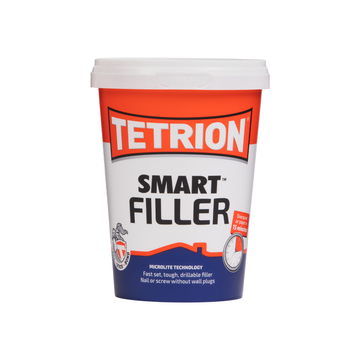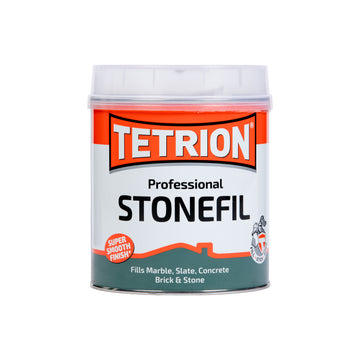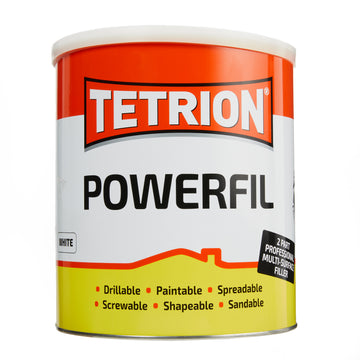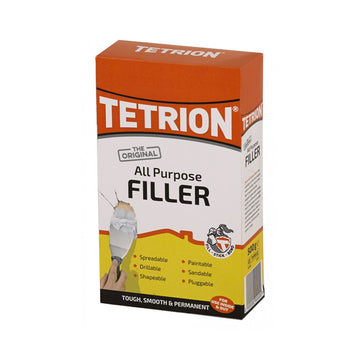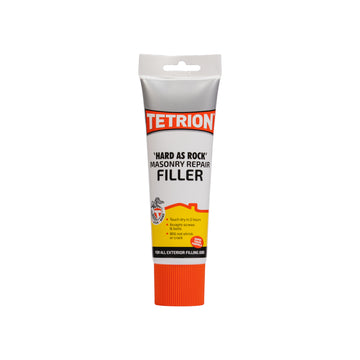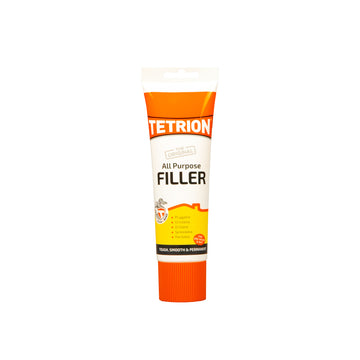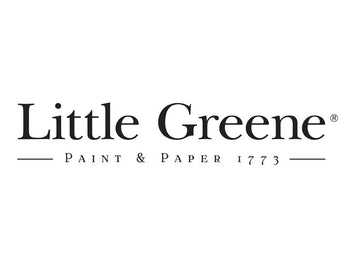Types of Fillers
Regular price
£14.32
Inc VAT
Sale price
£14.32
Inc VAT
Regular price
Unit price
/
£11.93 Exc VAT
Tetrion Smart Filler is a highly effective and innovative solution for repairing large holes and...
Regular price
From £24.02
Inc VAT
Sale price
From £24.02
Inc VAT
Regular price
Unit price
/
From £20.02 Exc VAT
Clear
Straw
+1
See 1 more option(s)
Tetrion Stonefil 2 Part Filler is a specialised filler designed for robust repairs on hard...
Regular price
From £11.94
Inc VAT
Sale price
From £11.94
Inc VAT
Regular price
Unit price
/
From £9.95 Exc VAT
White
Straw
Tetrion Powerfil 2 Part Filler is a highly versatile and efficient solution for a wide...
Regular price
From £4.12
Inc VAT
Sale price
From £4.12
Inc VAT
Regular price
Unit price
/
From £3.43 Exc VAT
Tetrion All Purpose Powder Filler remains a staple choice among trade decorators and DIY enthusiasts...
Regular price
£5.38
Inc VAT
Sale price
£5.38
Inc VAT
Regular price
Unit price
/
£4.48 Exc VAT
Tetrion Hard As Rock Exterior Filler is a robust and durable solution designed for all...
Regular price
£3.83
Inc VAT
Sale price
£3.83
Inc VAT
Regular price
Unit price
/
£3.19 Exc VAT
Tetrion All Purpose Ready Mixed Filler is a highly reliable and versatile filler, renowned for...
Sort by
- Featured
- Best selling
- Alphabetically, A-Z
- Alphabetically, Z-A
- Price, low to high
- Price, high to low
- Date, old to new
- Date, new to old
Fillers & Caulking
There is a wide variety of fillers available, each designed for specific applications and surfaces. Here are some common types of fillers:
- Multi-Purpose Filler: These versatile fillers work on a range of surfaces, including wood, plaster, drywall, and metal, making them a handy choice for general repairs.
- Wood Filler: Ideal for repairing and filling gaps, cracks, and holes in wooden surfaces. It's often used for furniture, cabinets, and wooden trim.
- Caulk: While not a traditional filler, caulk is used to seal gaps and joints, particularly in areas prone to moisture, like bathrooms and kitchens.
When choosing a filler, consider the type of surface you're working on, the size and depth of the imperfection, and the specific requirements of your project. Each filler has its unique properties and is best suited to particular tasks, so selecting the right one will ensure a successful and long-lasting repair.


